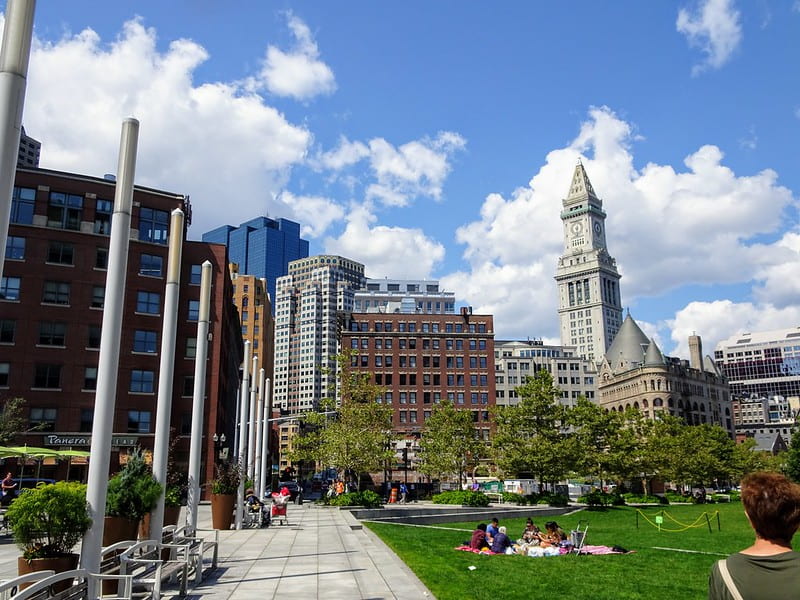Each Friday, the Wagner Planner editorial board will publish a news roundup of recent planning news. Topics range the gamut of urban planning concentrations, but will mostly be at the discretion of the editor.
Architects In Barcelona Use Data To Make Air Pollution Visible
“Barcellonian architects realised the project Air, an unprecedented mapping of the city that shows the impact of air pollution on the health of citizens and their vulnerabilities. As a result of the research, 12 urgent measures have been identified – including changes in transport modes and new designs that take the existing urban morphology into account.” (Forbes)
Boston Seeks Partners for $500,000 ‘Urban Forest’ Plan
“Boston Mayor Marty Walsh said: ‘As we plan for our city’s future, we’re working to ensure Boston is an equitable, safe city for all residents. We know how critical trees are as we fight climate change and improve the quality of life for all residents. This urban forest plan is the first of its kind in Boston and is an opportunity to ensure every neighborhood has the resources they deserve and need.'” (Cities Today)
Sidewalk Labs Launches Delve, a Generative Design Tool for Optimized Urban Development
“Sidewalk Labs, the urban innovation arm of Google parent company Alphabet Inc., has launched Delve, a new generative design software tool that aims to guide developers, architects, and planners in the creation of healthy, sustainable, and equitable urban neighborhoods by presenting teams with a wide plethora of design possibilities, generated via machine learning, that respond to the unique criteria presented by individual projects.” (The Architect’s Newspaper)
Scientists Develop a Conceptual Model to Identify Health Impacts of Autonomous Vehicles
“Texas A&M University researchers have developed a conceptual model to identify these health impacts systematically. They identified 32 transportation-related risk factors that affected health and concluded that 17 could negatively impact public health, while eight could have a positive impact. There were seven areas of uncertain implications that require further investigation. The researchers recently published their findings in the December issue of Sustainable Cities and Society.” (News Medical Life Sciences)



